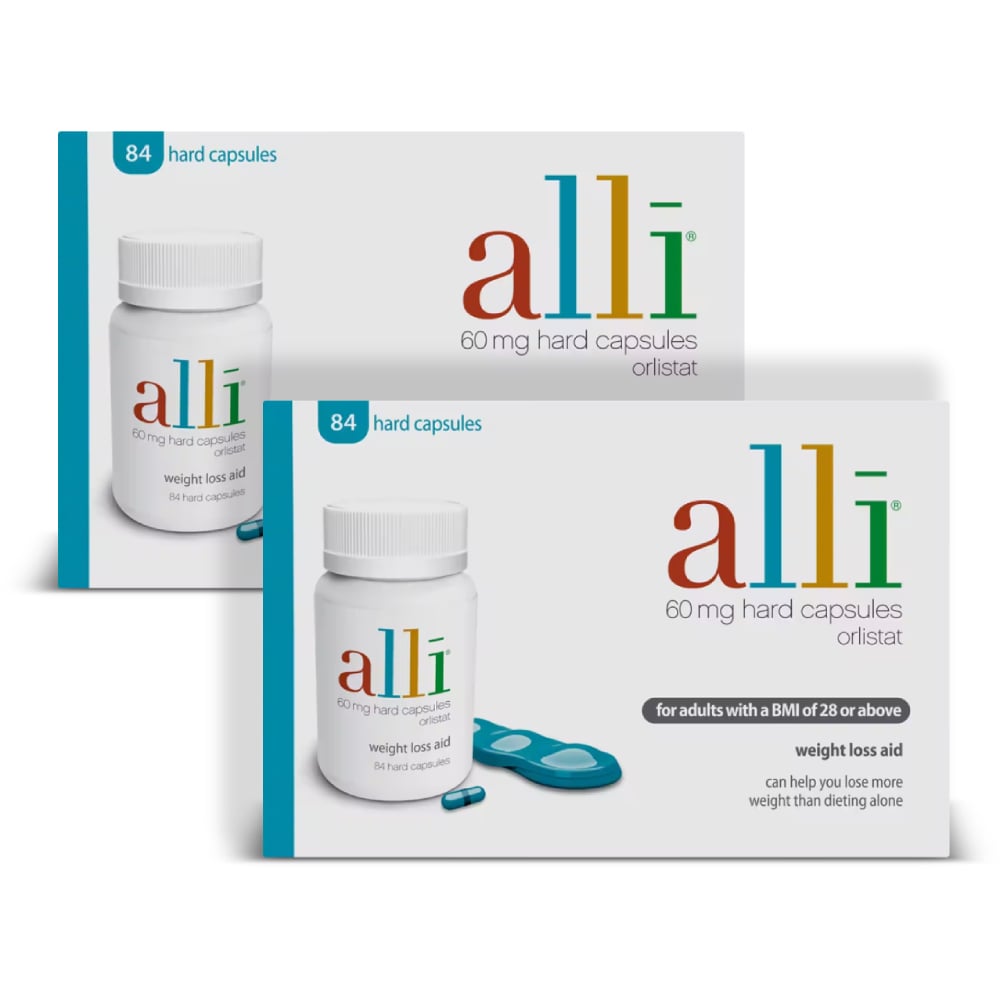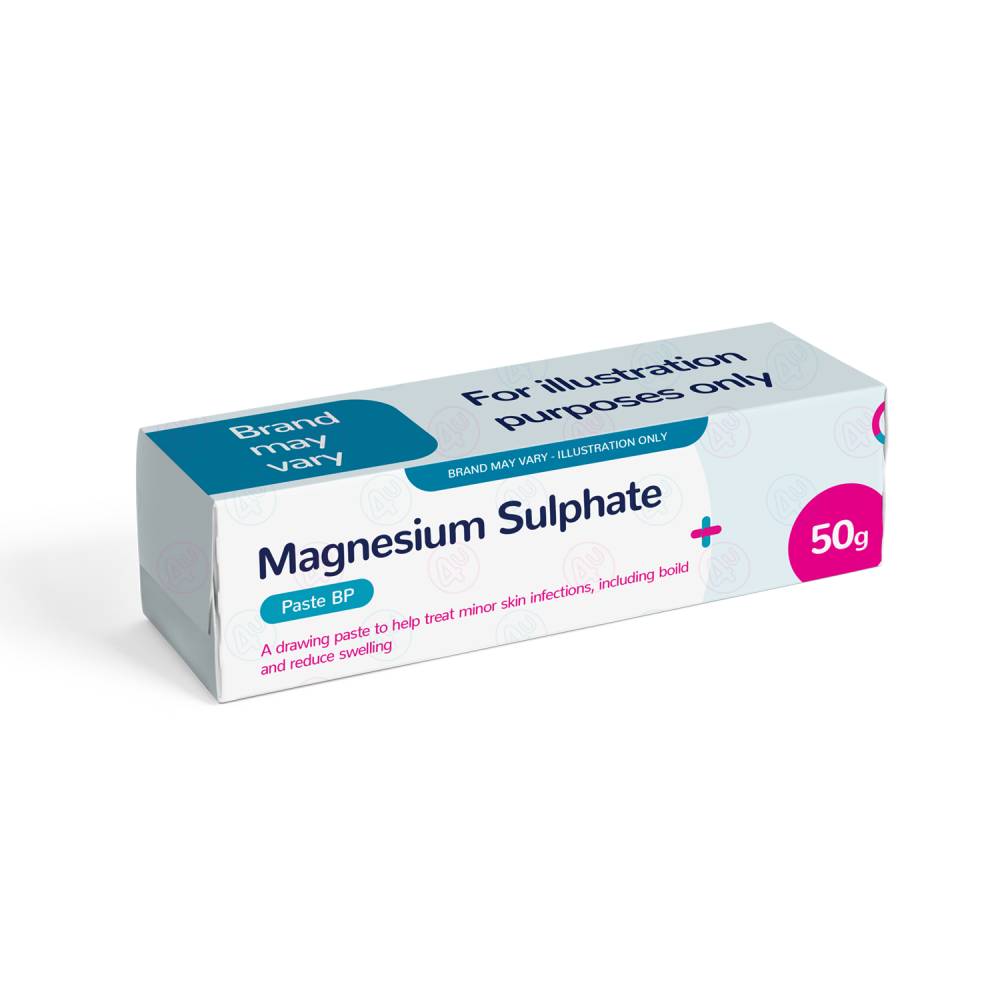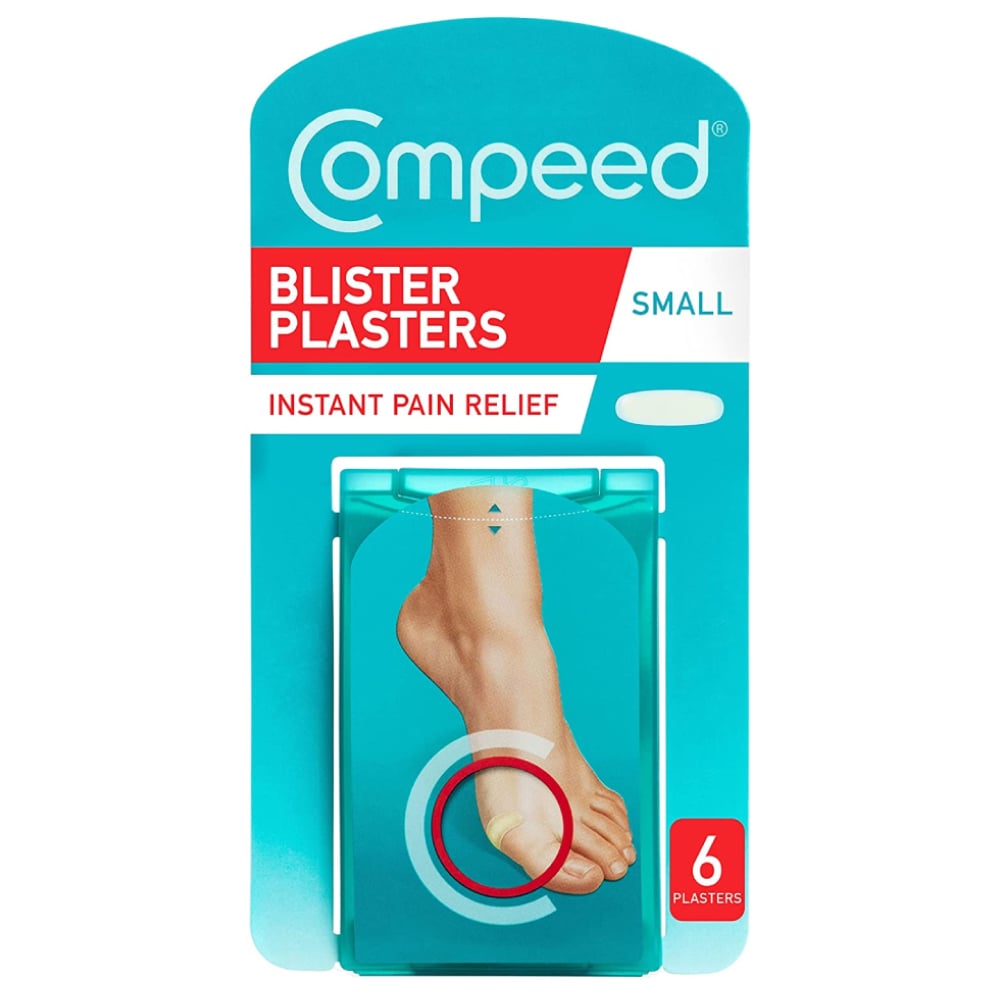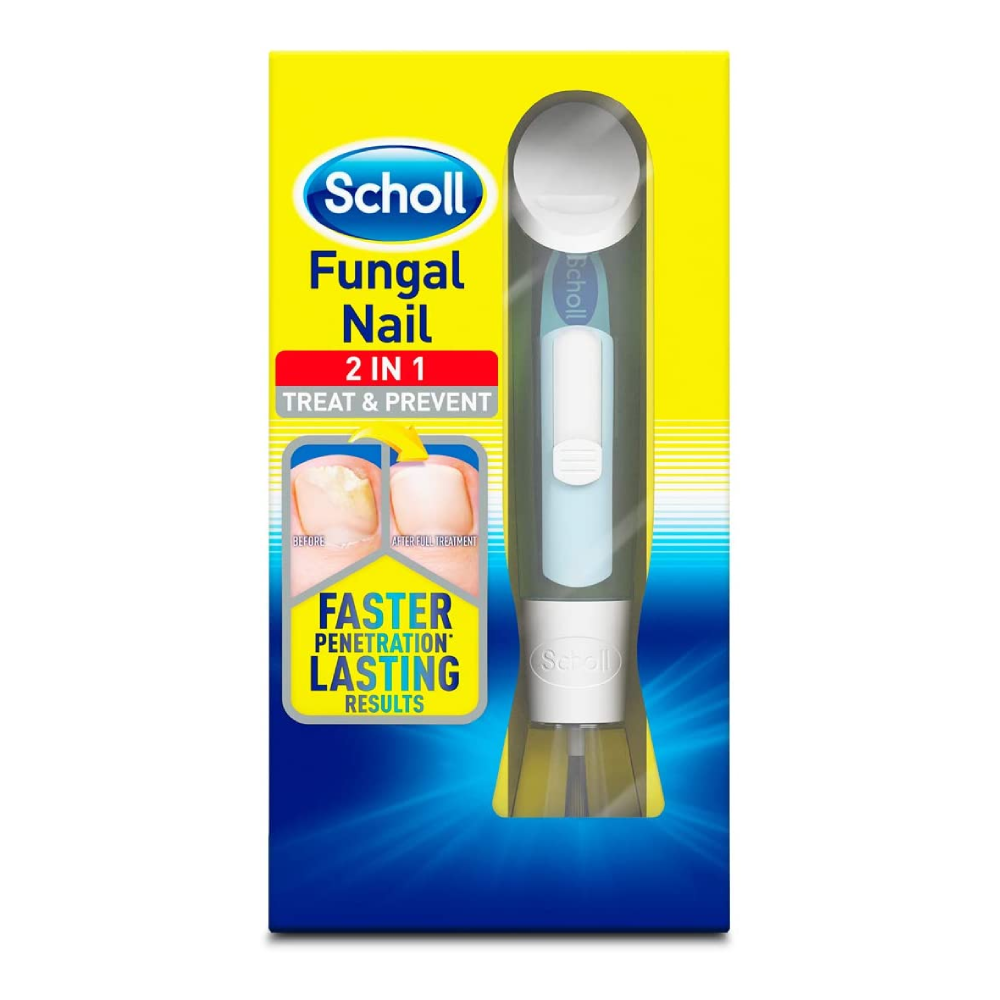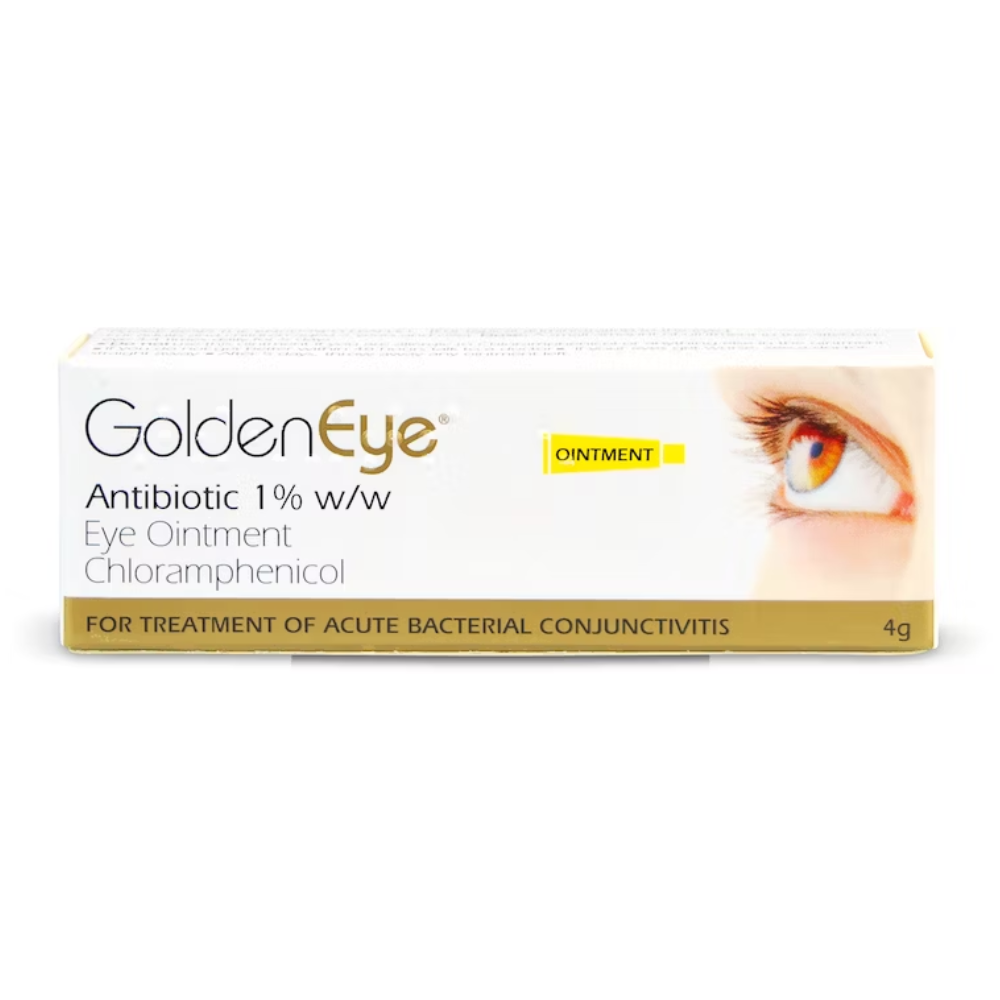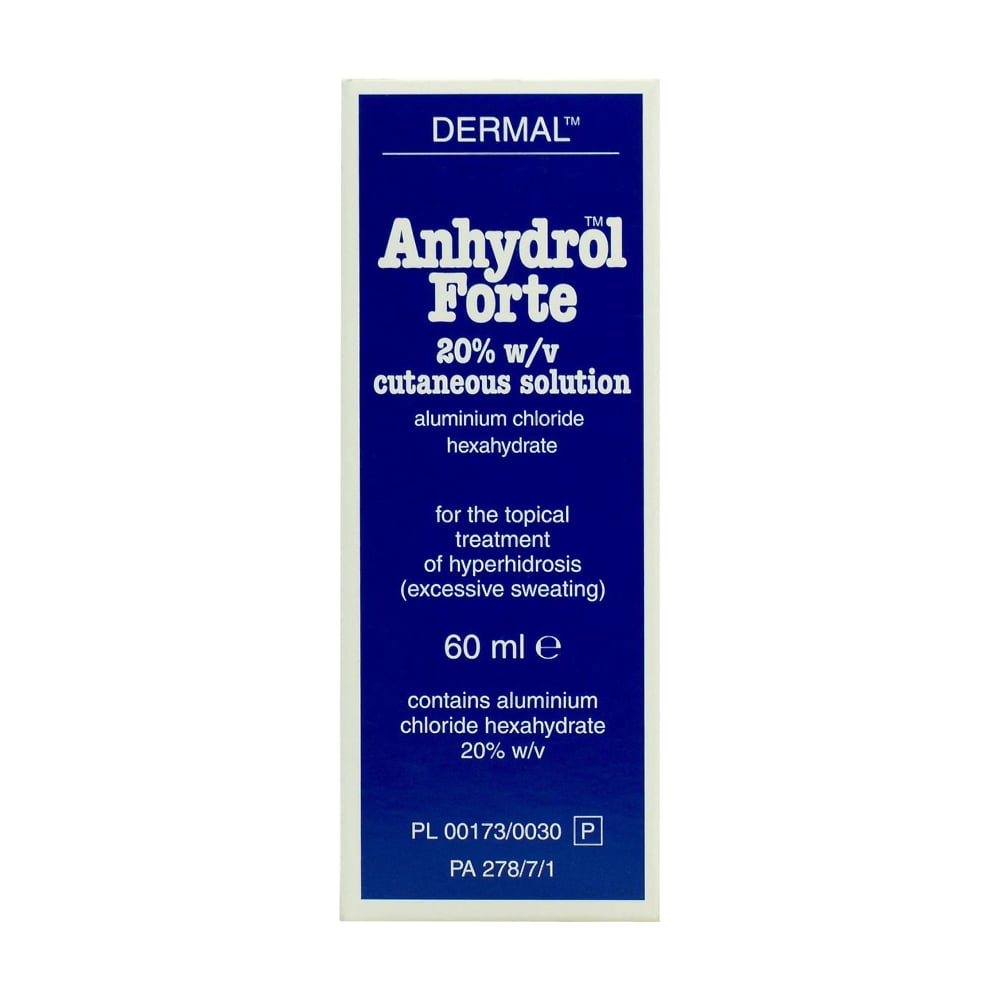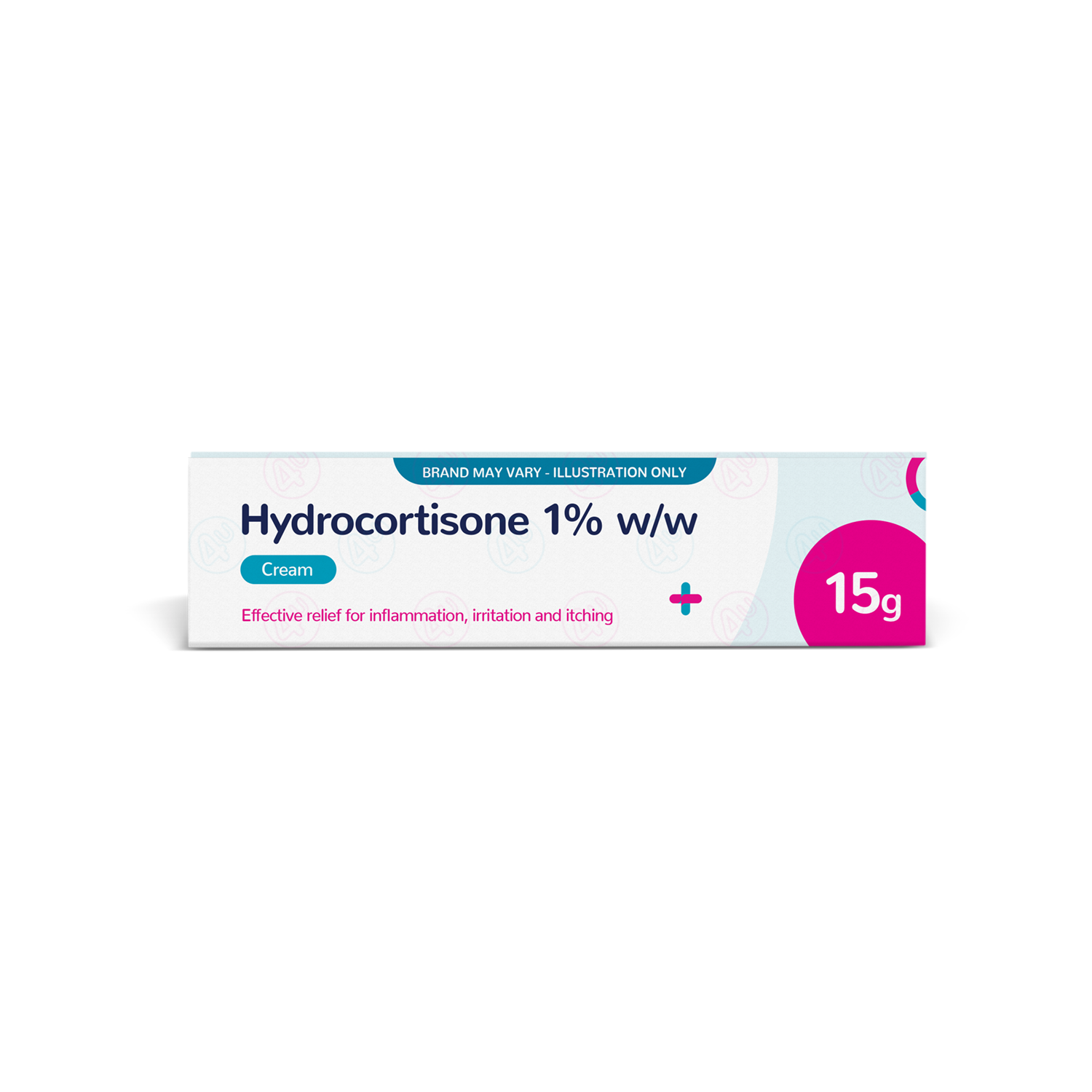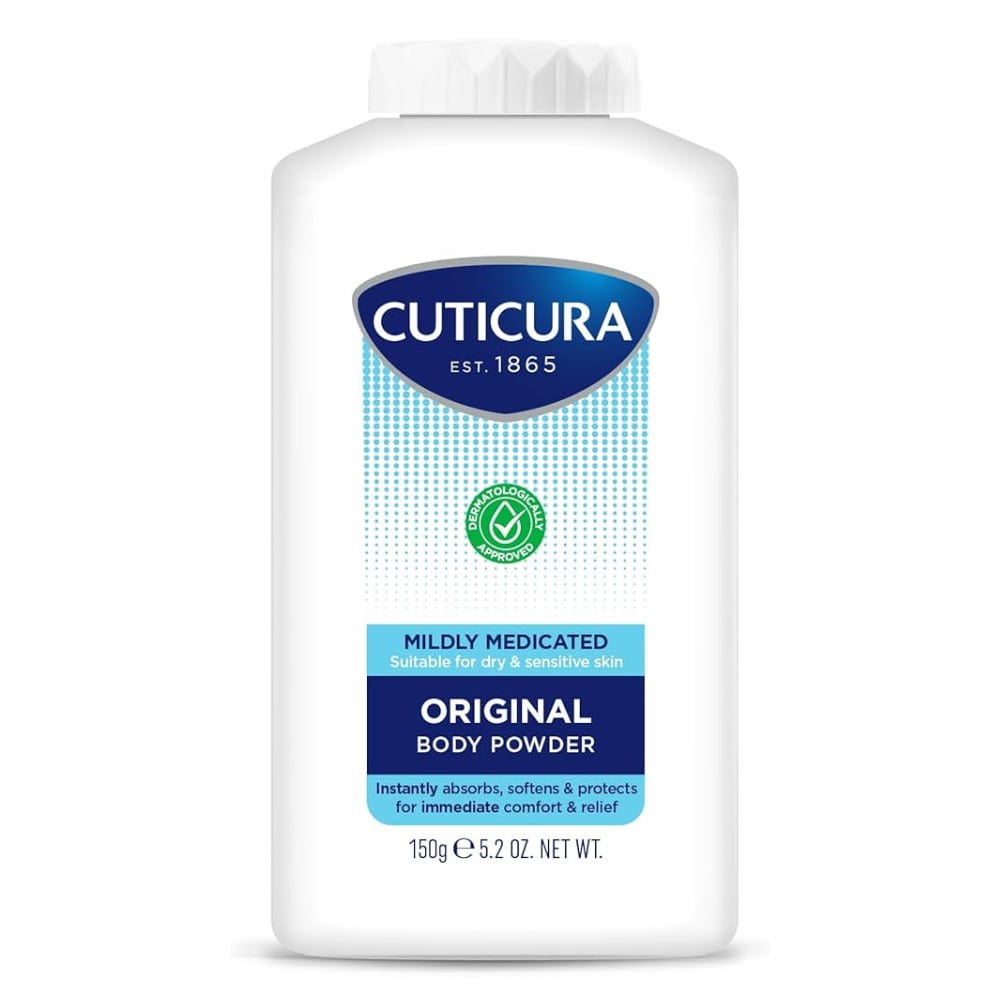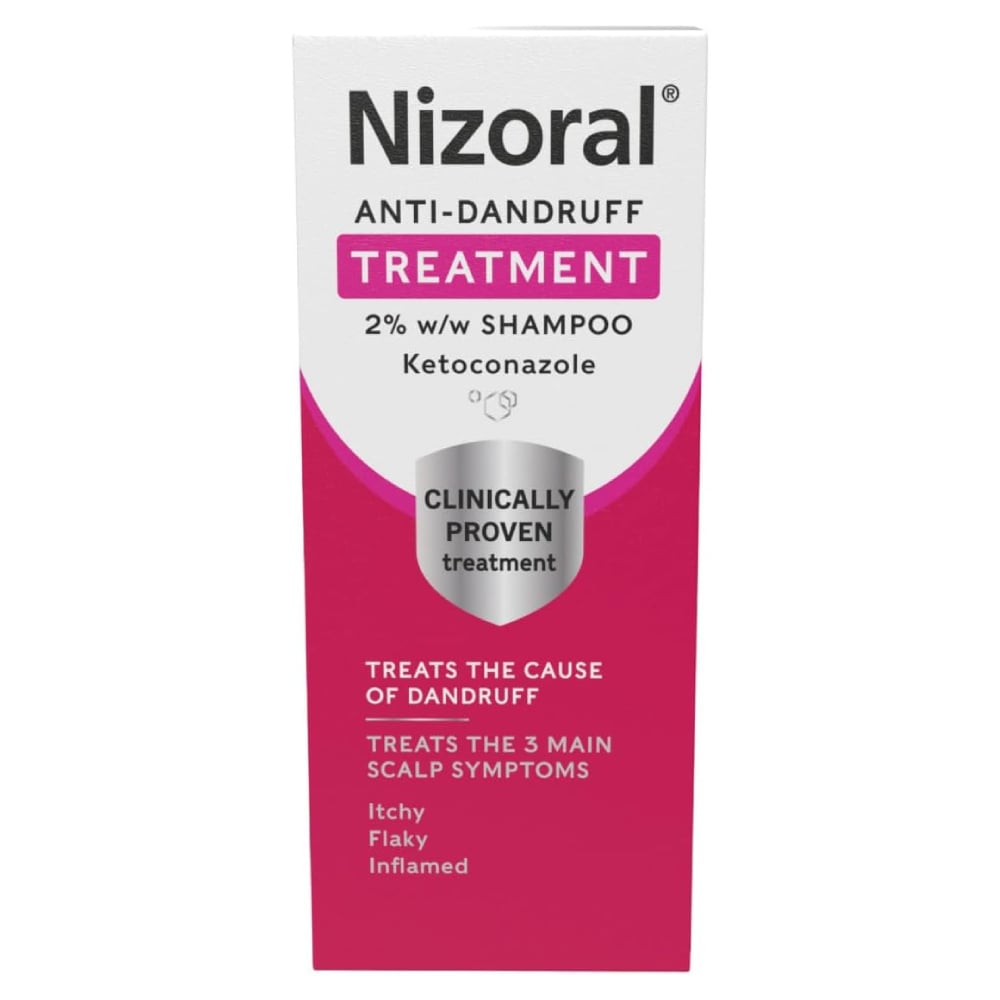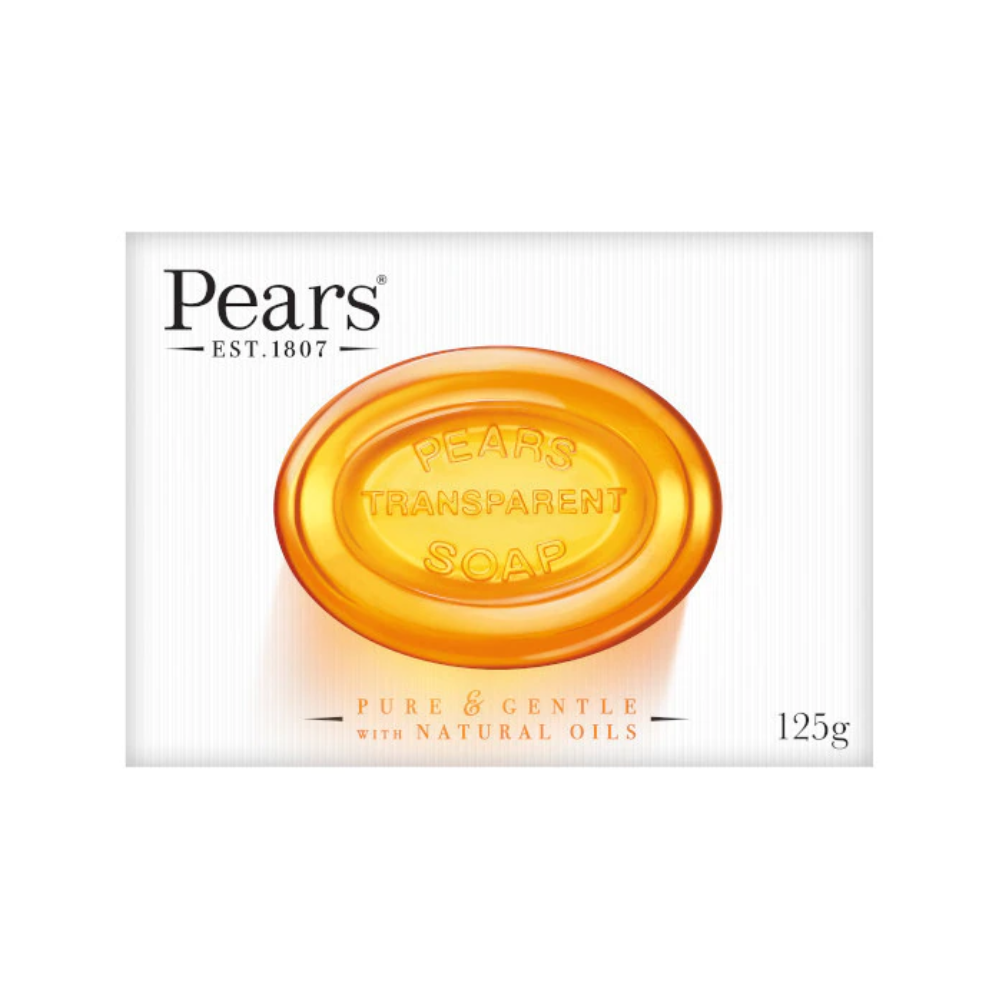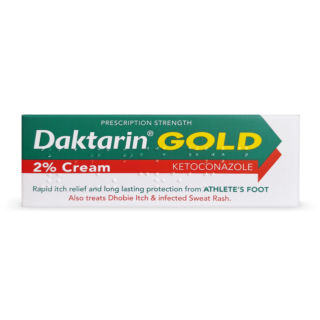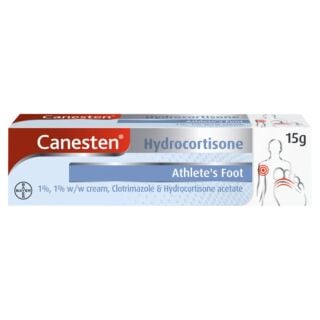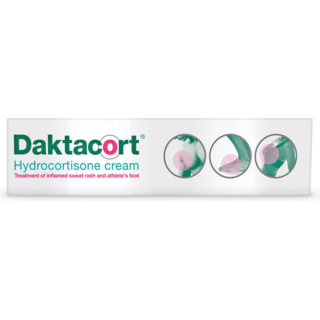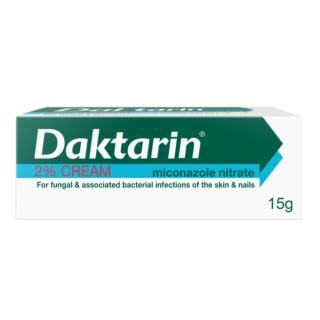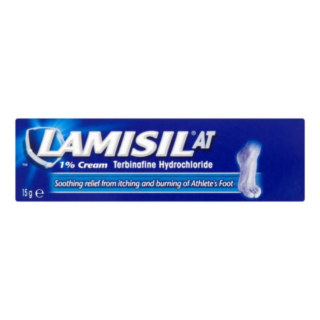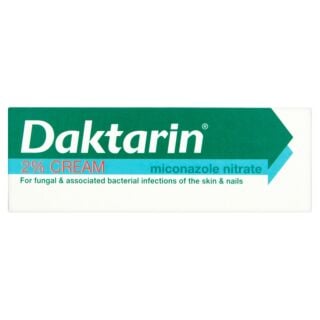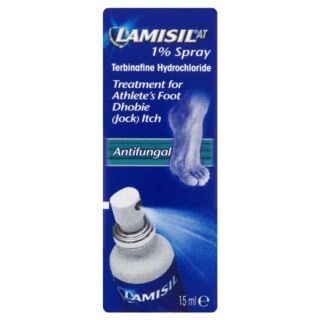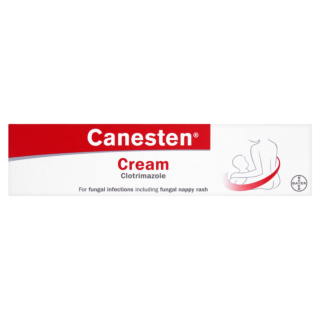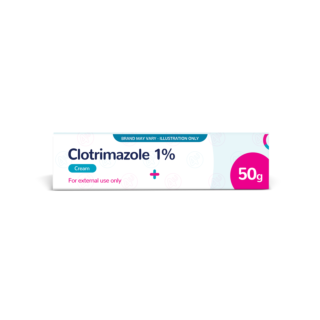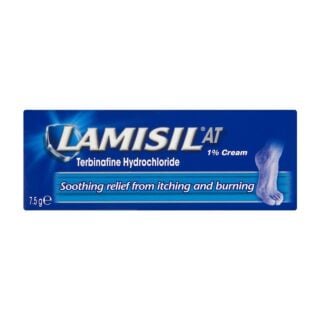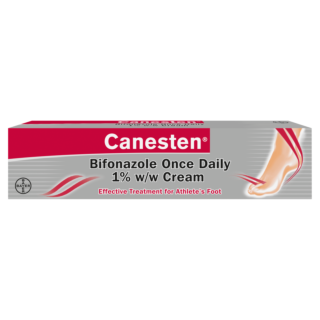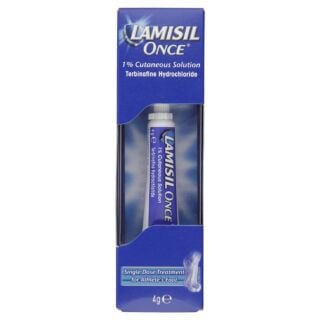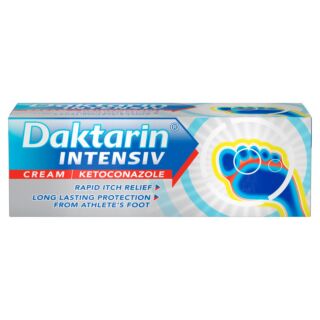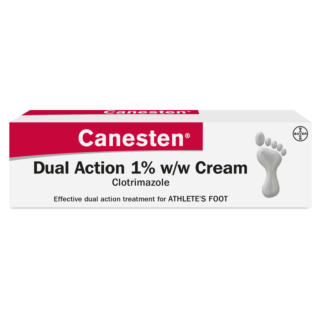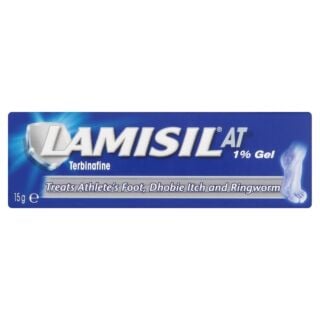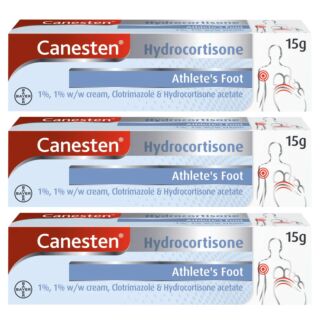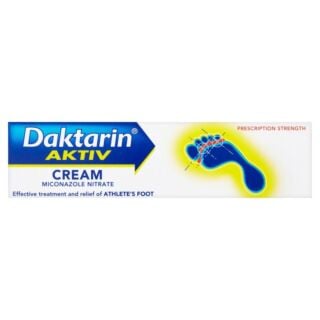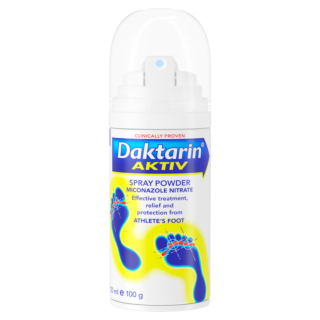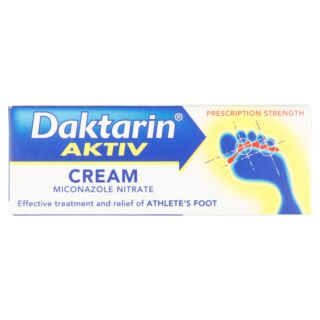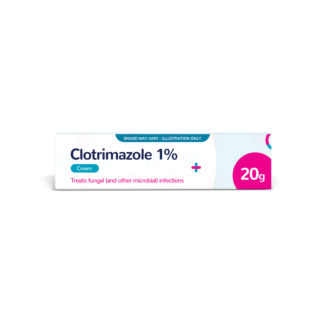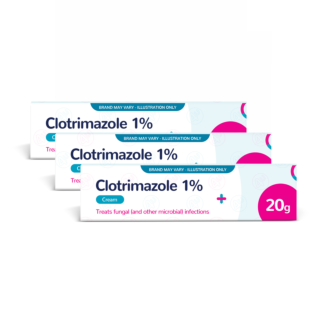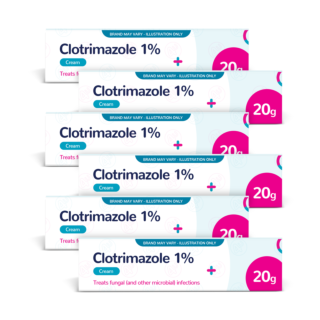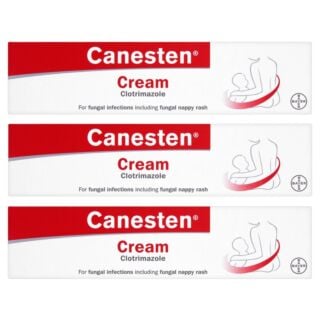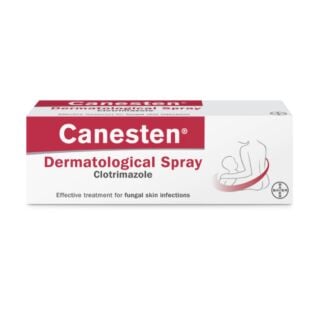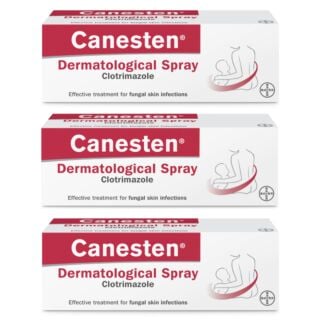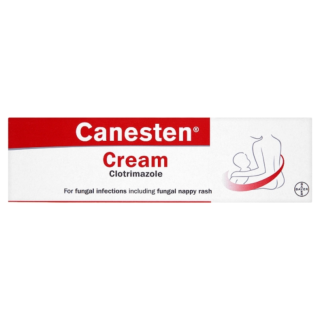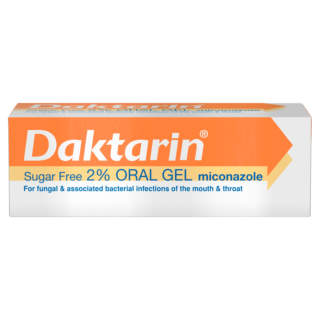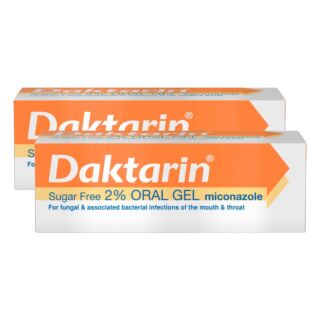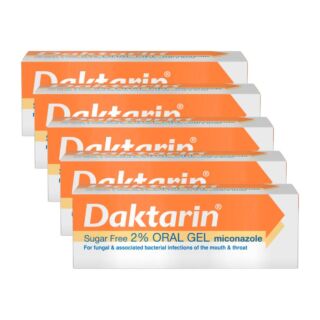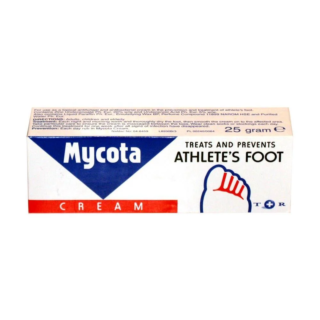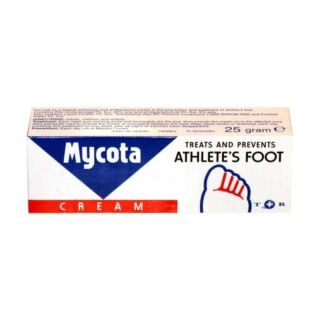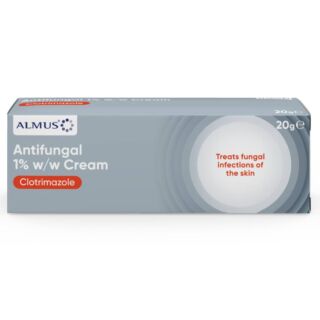Athlete's Foot
Maybe you’re used to developing that tell-tale itchy, flaky rash between your toes that tells you you’re getting another infection with athlete’s foot. Or perhaps this is your first time dealing with the condition… and you’re a bit freaked out. Well, with one in six people in the UK currently estimated to have athlete’s foot, you’re in very good company[1]. … Read More See less
But whatever your relationship to this pesky fungal infection, fear not. Athlete’s foot is generally very easy to treat with over-the-counter medications[2]. However, it will not get better on its own, so you do need to make sure you treat the infection swiftly (and take precautions to stop it coming back)[3].
Keep reading to find out exactly how you can treat athlete’s foot, what to do if over-the-counter medications don’t work for you and how you can prevent re-infection.
What is athlete’s foot?
Athlete’s foot is a common infection, caused by a fungus (dermatophytes), that can affect either one or both of your feet[4]. The infection typically affects the skin between your toes, but it can also appear on the tops, soles and edges of your feet, as well as your heels.
It causes[5]:
- Red, purple, grey or white patches of skin
- Sore, inflamed skin
- Cracked, bleeding skin
- Fluid-filled blisters
- A rash
- A burning or stinging sensation
- Itchiness
- Dry, flaky, scaly skin
- An unpleasant smell
However, the specific symptoms you experience will depend on the type of athlete’s foot that you have. There are four main types of athlete’s foot[6]:
- Interdigital type – causes the skin between your fourth and fifth toe (pinkie) to change colour, crack and peel. This is the most common type of athlete’s foot
- Moccasin-type infection – causes the skin on the soles of your feet, your heels, the edges of your feet, and sometimes your toenails, to thicken and crack
- Vesiculobullous-type infection – causes bumps and blisters to appear, particularly on the soles of your feet
- Ulcerative infection – causes open sores to appear between your toes and sometimes on the soles of your feet. This is the rarest type of athlete’s foot
Is athlete’s foot contagious?
Athlete’s foot is extremely contagious. It spreads through direct skin-to-skin contact or via contact with a flake of skin from an infected person.
The fungi that cause athlete’s foot needs warm temperatures and moisture to grow. As a result, it tends to spread in areas used by large groups of people, like locker rooms, swimming pools and saunas, and grow quickly when you wear socks and tight shoes. It can also spread if you share towels, socks and shoes with an infected person.
Once you have athlete’s foot, the infection can spread from the foot to other warm, moist parts of the body, such as your hands, groin and nails.
How is athlete’s foot diagnosed?
A visual inspection by your GP is normally all that’s needed to diagnose athlete’s foot[7]. They will ask you about your symptoms and whether any of your family or friends are affected by the condition[8].
If this information isn’t enough to diagnose athlete’s foot, or your GP wants to confirm the type of fungal infection you have, they may take a small sample of your skin from the affected area to be tested in a lab under a microscope[9].
Athlete’s foot risk factors
Athlete’s foot can affect anyone. However, it’s more common in people:
- Born male
- Over the age of 60
- With diabetes
- Who are at a higher weight
- With a weakened immune system
- With wounds on their feet
In addition, athlete’s foot gets its name because it’s extremely common in those who regularly participate in sports. For example, if you:
- Wear enclosed footwear a lot
- Sweat heavily
- Don’t dry your feet properly after showering
- Walk barefoot in communal areas where the infection is commonly spread
How can athlete’s foot be treated?
If you have a fungal foot infection, chances are you’re wondering what kills athlete’s foot instantly. Unfortunately, it can take between one to eight weeks for the infection to clear completely. However, it’s very easy to treat using over-the-counter antifungal medicines containing the active ingredients terbinafine, clotrimazole, miconazole, or tolnaftate[10].
These are available as:
To ensure the infection doesn’t come back, you should:
- Use the treatment until the symptoms have gone, and for two weeks afterwards
- Wash your hands with soap and water every time you use the treatment
- Wash your socks and bed sheets at 60°C until the symptoms have gone, and for 2 weeks afterwards
- Not scratch your foot, as the fungus can travel via your hands to other parts of your body and cause it to spread
When to see a GP for athlete’s foot
In rare cases, over-the-counter medications may not be enough to treat athlete’s foot. You should see a GP if[11]:
- You’ve completed a full course of treatment from a pharmacy, and it hasn’t worked
- You're in a lot of pain
- The infection spreads to other parts of your body, such as your groin
- Your foot or leg is hot, painful and red/dark brown/purple/grey (depending on your skin colour), as these signs indicate a more serious infection
- You have diabetes, as high blood sugar levels can damage the nerves in your feet, making it easier to cause severe damage to your feet without noticing
- You have a weakened immune system (e.g. if you are having chemotherapy), as this can make it harder for your body to fight off infections
Prescription-only athlete’s foot treatments
If treatments from a pharmacy have not worked, a GP may:
- Prescribe antifungal tablets
- Prescribe a steroid cream to use at the same time as antifungal cream
- Refer you to a dermatologist (skin specialist) for more specialised care
How to stop the spread of athlete’s foot
Nobody wants to get athlete’s foot. You can help protect other people from contracting the infection by:
- Not walking around barefoot in places like changing rooms and showers (wear flip-flops instead)
- Not sharing towels, socks or shoes with other people
- Not wearing the same pair of shoes for more than two to three days in a row
- Avoiding wearing shoes that make your feet hot and sweaty, as this can encourage the bacteria to grow
How to prevent athlete’s foot
Thankfully, there are plenty of things you can do to prevent athlete’s foot from developing or coming back:
- Wash your feet and the skin between your toes thoroughly with antibacterial soap
- Dry your feet and between your toes after washing them
- Apply talcum powder or antifungal powder to your feet to absorb moisture
- Use a separate towel for your feet
- Wear clean socks every day (and choose cotton, wool or synthetic materials that absorb moisture)
- Wear shoes or sandals that allow your feet access to the air
- If you do sports in a particular pair of shoes, allow them to dry out for 24 hours between uses
- Avoid wearing rubber or synthetic shoes for long periods
- Clean your shoes with a disinfectant spray
- Wash your socks, towels and bedding in hot water
Sources
- https://www.gatesheadhealth.nhs.uk/wp-content/uploads/2023/09/Fungal-Infections-Athletes-Foot-and-Toenail-Infections.pdf
- https://my.clevelandclinic.org/health/diseases/22139-athletes-foot-tinea-pedis
- https://www.nhs.uk/conditions/athletes-foot/
- https://www.mayoclinic.org/diseases-conditions/athletes-foot/symptoms-causes/syc-20353841
- https://dermnetnz.org/topics/athletes-foot
- https://cks.nice.org.uk/topics/fungal-skin-infection-foot/diagnosis/diagnosis/
- https://cks.nice.org.uk/topics/fungal-skin-infection-foot/diagnosis/assessment/
- https://www.mayoclinic.org/diseases-conditions/athletes-foot/diagnosis-treatment/drc-20353847
- https://www.guysandstthomas.nhs.uk/health-information/athletes-foot
- https://cks.nice.org.uk/topics/fungal-skin-infection-foot/management/management/
- https://www.diabetes.org.uk/about-diabetes/looking-after-diabetes/complications/feet

Free delivery when you spend over £30

100% discreet delivery for every item ordered

Fully regulated UK pharmacy
How do you prevent athlete’s foot?
Despite the name, anyone can get athlete’s foot - not just athletes.
To prevent yourself from getting athlete’s foot, wear protective footwear like shower shoes or flip-flops when walking around a pool, gym, public shower, or locker areas as the fungus which causes athlete’s foot may be on the floor.
It’s important to keep your feet dry as the fungus is attracted to damp, warm areas like sweaty shoes - you may wish to alternate shoes each day to give them time to air and dry properly.
How can Scholl help to treat athlete’s foot?
Scholl has a range of athlete’s foot treatments, some of which can also be used to prevent athlete’s foot.
They work as antifungal medications, creating an environment that’s hostile towards the fungi that cause athlete’s foot.
This helps to stop the infection in its tracks and the spray products can also be used inside your socks and shoes to keep athlete’s foot from coming back.
How can you treat athlete’s foot?
Athlete’s foot can be easily treated with antifungal creams, powders or sprays.
It isn’t a pleasant infection, as it can make your feet feel itchy, red, and sore while also causing an unpleasant cheesy smell that can cause embarrassment when it’s time to take off your shoes.
One of the most popular ways to treat athlete’s foot is to use antifungal creams, which contain ingredients like clotrimazole, miconazole and bifonazole, which can all help to combat foot fungus and treat your infection at its source.
What is athlete's foot?
Athlete’s foot is a common fungal infection that affects your feet.
It’s part of a type of fungal infections known as tinea, and its medical name is tinea pedis.
Athlete’s foot usually harmless and can be treated easily with remedies from your pharmacy that can help it to clear up pretty quickly.

